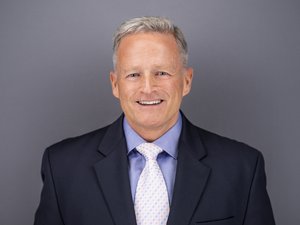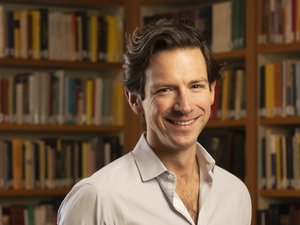
John McQuillan, a Boston environmentalist and entrepreneur, has launched an institute dedicated to fostering research, supporting emerging scholars, and stimulating policy change at the intersection of science, technology, and society.
McQuillan is giving a $10 million endowment to the new McQuillan Institute for Science, Technology and the Human Future. He hopes the money will allow it to attract scholars from around the world to lead high-profile events and scholarship on issues like AI, social media, automation, and gene editing.
In addition to funding educational events about what it calls STS — science, technology and society — the new institute will also support emerging scholars through graduate fellowships, funds for cross-disciplinary collaboration and career development awards for scholars.
McQuillan is best known as CEO of Triumvirate Environmental, the environmental services organization he founded in 1988. For the past 20 years, he has also been supporting similar work through a Harvard University program on science, technology and society.
“The reason I've committed this money and launched the Institute is because scientific discovery and technological innovation are happening much faster than policy can catch up to. We need to ensure these advances are harnessed by the most good to the greatest number of people,” McQuillan said.
- Sign up for The Beat, BostInno’s free daily innovation newsletter. See past examples here.
His interest in the Harvard program began after taking a class with Sheila Jasanoff, the Pforzheimer Professor of Science and Technology Studies, who is McQuillan’s co-founder of the Institute.
The institute was launched late last month, and McQuillan says the next steps are to build out its board and work to identify their priorities for the next year.
As the board is being assembled, McQuillan says the institute plans to lead an international summit on human genome editing in May 2025 in collaboration with the John Temple Foundation.
“It's easy to worry about whether or not humanity is going to be eaten by machines. But we need to have a rigorous and equal way to evaluate technologies and the policies that bear on those technologies,” McQuillan said.








